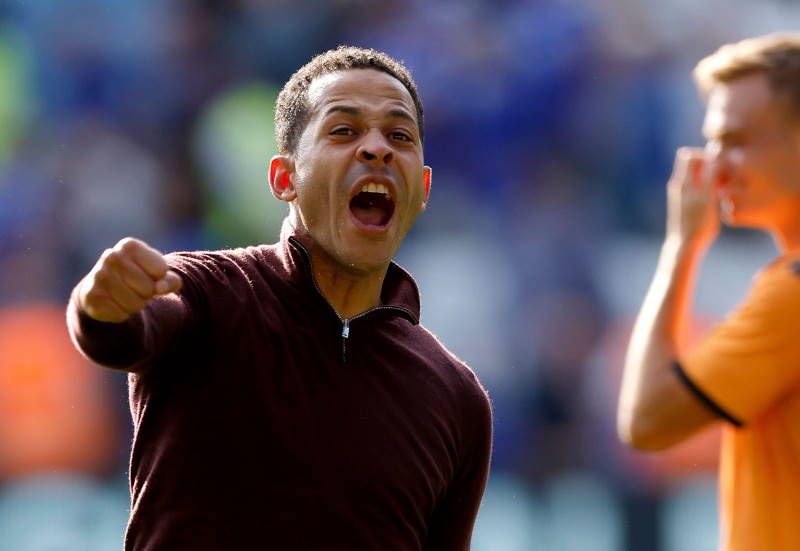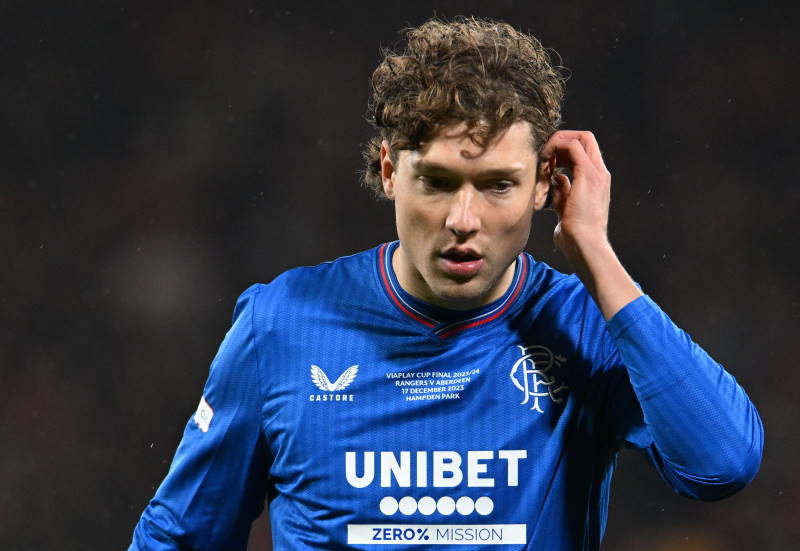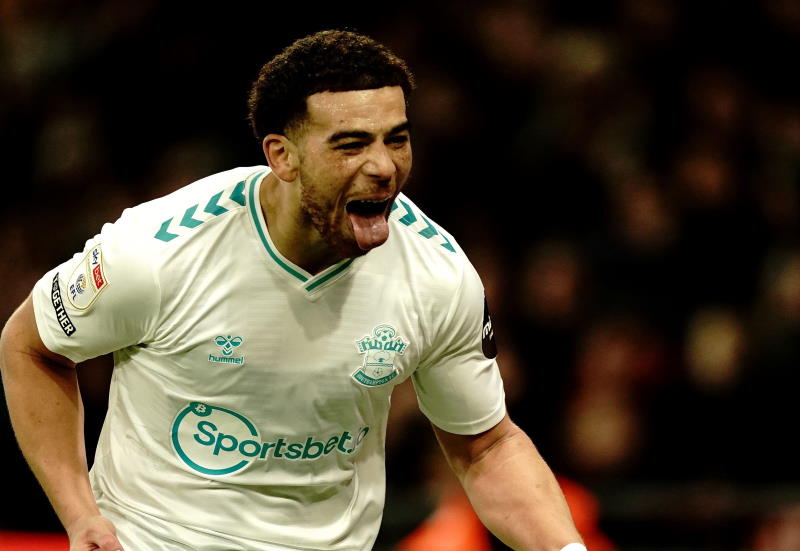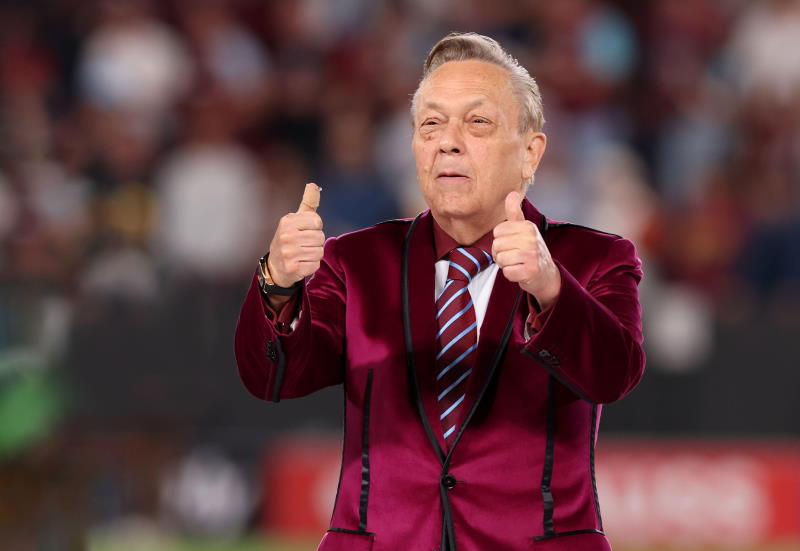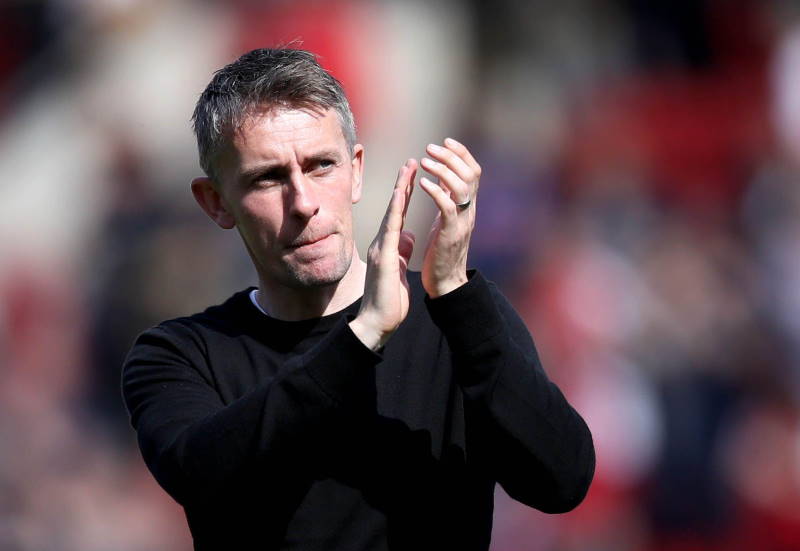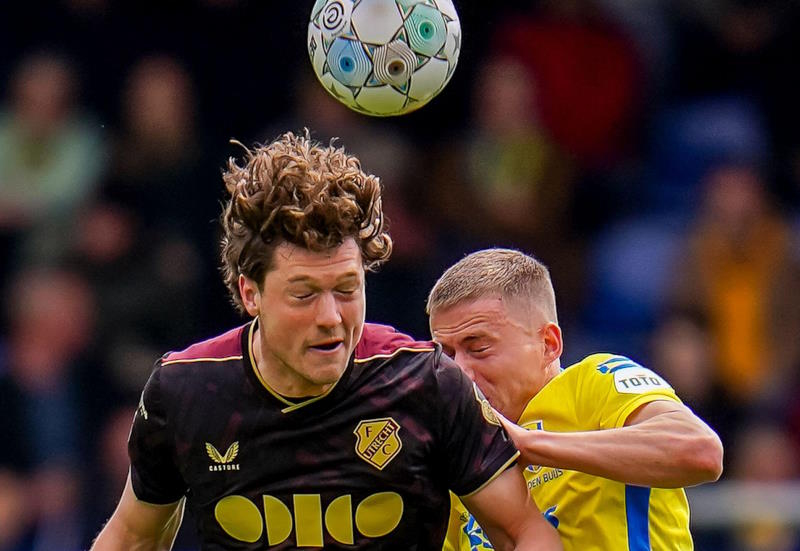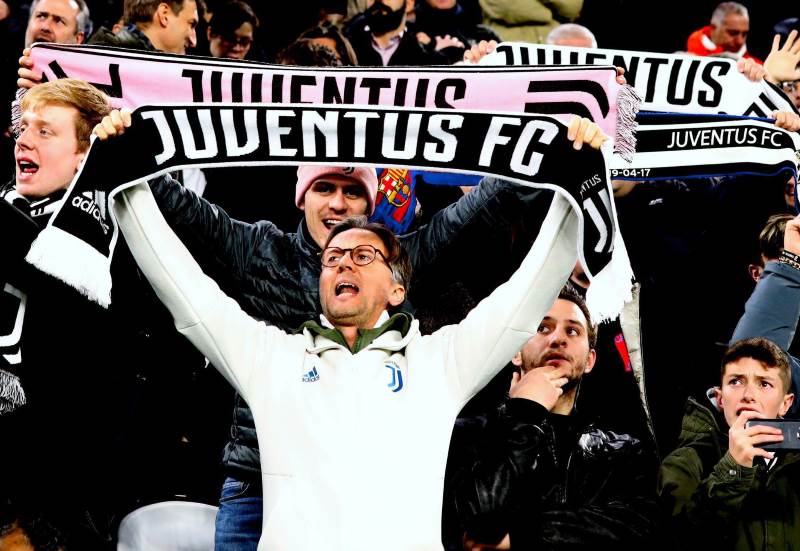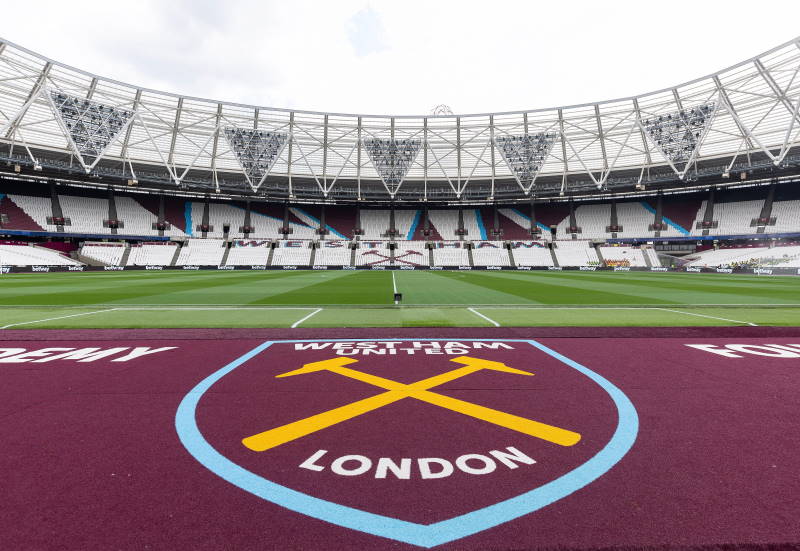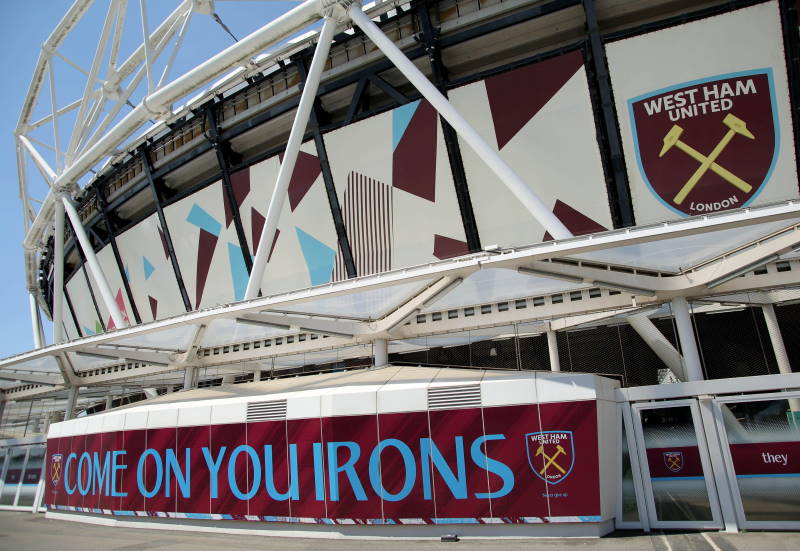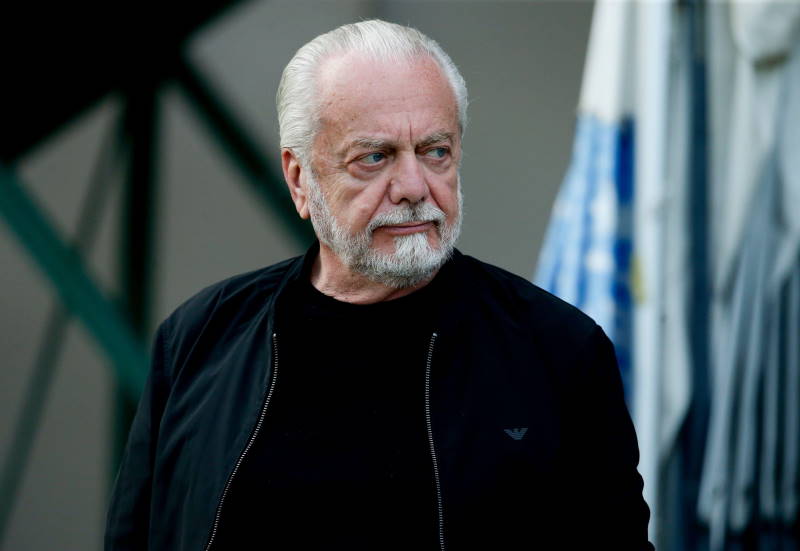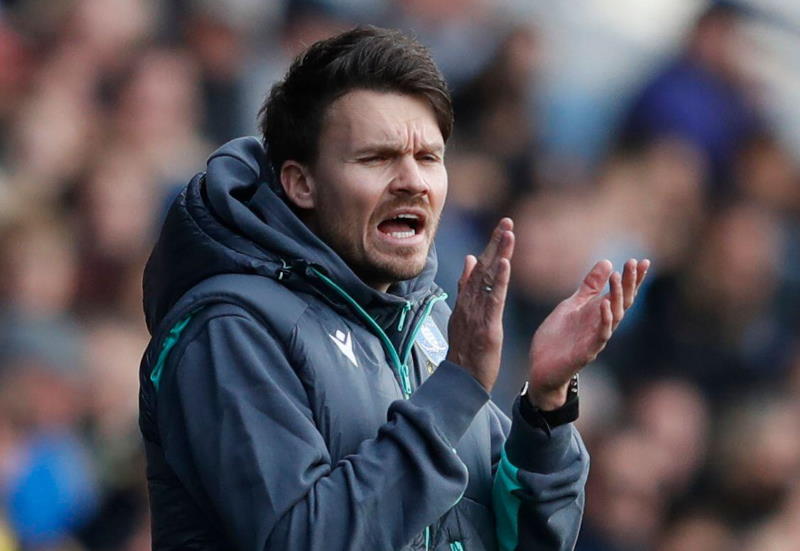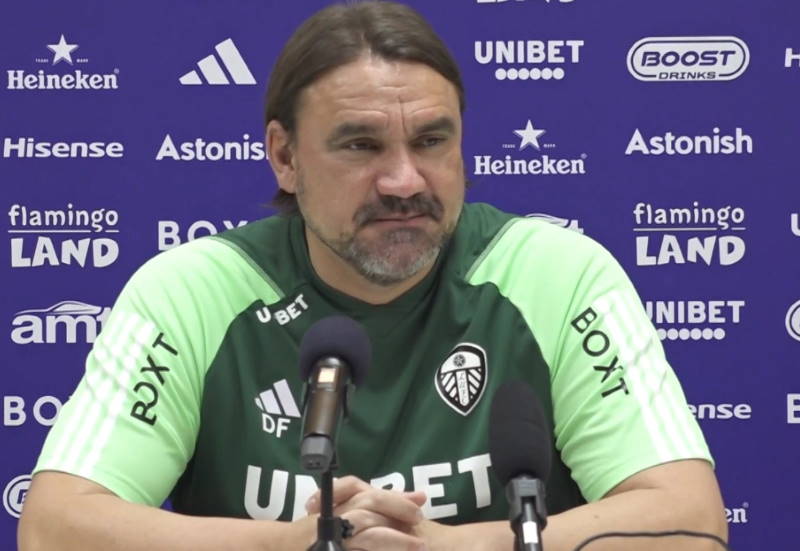
Once upon a time, the phrase ‘unsung hero’ in football used to refer to a player doing the sort of dirty work essential to every team, but much less eye-catching than dazzling wing-play or 30 goals a season – they tended to be full-backs or tough-tackling midfielders, players who created more than they scored.
However, since the advent of flying full-backs, who bomb up the pitch, spending more time creating attacks than helping the defence, or the lauding of the ‘Claude Makelele defensive midfield role’ as key to successful sides, many a gnarled veteran is given their dues. With Barcelona’s tiki-taka football, even sideways passing has gained credence as a cultured tool among the philistines of long-ball, lower-league English football.
But some players will always be underrated – there are just too many talents to go around. Oddly though, one of the most overlooked is the sort of player whom fans and critics alike tend to eulogise, but has somehow garnered less attention than he deserves – Yohan Cabaye.
One of the stories of the English Premier League this season has undoubtedly been the explosive renaissance of Alan Pardew’s Newcastle United side. Grabbing the headlines has been Senegal striker Demba Ba, scorer of 15 goals already, and Cheick Tiote, the midfield enforcer signed for £3.5M and supposedly on the wish-lists of a handful of top clubs seeking added steel in the centre of the park.
With both Ba and Tiote departing for the African Cup of Nations, the burden to keep up the Magpies’ momentum falls on other players, and none is more key than French international midfielder Cabaye.
The classy playmaker was signed in the summer from Lille, having been instrumental in helping Rudi Garcia’s side win their first Ligue 1 title since 1955. Following in the footsteps of the maverick French creators Laurent Robert and David Ginola, whose mercurial talents lit up St James’ Park, it is no shock that Cabaye has become an instant favourite with Newcastle fans.
The biggest surprise was how easily Newcastle got their man; for a fee estimated to be around £5M – half the price Arsenal paid Everton for 29-year-old Mikel Arteta, a quarter of of the amount Liverpool paid for Stewart Downing, and barely enough to buy a decent full-back – Pardew snapped up a 25-year-old French international with a superlative range of passing, a strong fitness record and, as Manchester United found out to their cost, a special knack for scoring from free kicks.
That spectacular goal earned Cabaye praise and pride of place in the weekly highlights, but his overall impact has been somewhat underplayed in comparison to Ba and Tiote. Considering his performances over the last few seasons, and that every Champions League side would have been scouting Lille – other talents at Rudi Garcia’s disposal include Belgian genius Eden Hazard and Senegalese goal machine Moussa Sow – it is astounding that Newcastle did not face opposition from Europe’s elite.
Despite being blessed with a similarly potent array of talents, Cabaye is very different from his illustrious Gallic predecessors at Newcastle. Both Ginola and Robert failed to truly fulfil their potential at Newcastle, the former only staying for two seasons before moving to Tottenham Hotspur, the latter suffering problems with injury, form, temper, managers and just about anything else. However, the new creative heartbeat is more even-tempered and laissez faire than the two preceding French firebrands, and could yet be the metronomic pacemaker for Newcastle’s attacks for years to come.
Cabaye’s continued presence at St. James’ Park comes with an obvious qualifier however – if Newcastle fail to progress from their current position on the cusp of European qualification, if they struggle to sustain their success or if they habitually fall short in major tournaments, then the Frenchman could well be tempted to leave.
Should this happen, he would have no shortage of suitors. Even if it does not happen, with Manchester United suffering from a porous centre and Chelsea needing to add variation and quality to an athletic but occasionally workmanlike midfield, a top club tabling upwards of £20M would be likely to see the playmaker sold, satisfying Newcastle owner Mike Ashley’s desire for the club to be self-sufficient as well as every player’s dream of regular Champions League football.
Cabaye’s passing is the ammunition which feeds Ba, the consistency underlying the erratic brilliance of Hatem Ben Arfa, the guile alongside Tiote’s graft – he is the one irreplaceable player to the way Newcastle function, and the chances of finding a suitable replacement would be limited, meaning a sale could have catastrophic repercussions.
As Everton and Aston Villa can testify, without massive financial backing it is almost impossible to break into the cabal of rich clubs at the top, and once a team gains a reputation as a selling club it is even less likely to attract the sort of players necessary to foster a successful side. As Tottenham have proven with their driving a hard bargain over Dimitar Berbatov in 2008 and their stubborn refusal last summer to sell Luka Modric (a player who like Cabaye glues his side together and raises their game), strong support from the boardroom can instil the belief and show the ambition needed to sustain a challenge at the top.
Ashley’s £35M sale of Andy Carroll to Liverpool last year would suggest such a stance of unblinking brinkmanship is unlikely, and what may seem like the genesis of a golden new era could be yet another false dawn for Toon fans. Unless Newcastle’s board recognises the value of their jewel in the crown, the chances are this will not end in a happily ever after.

